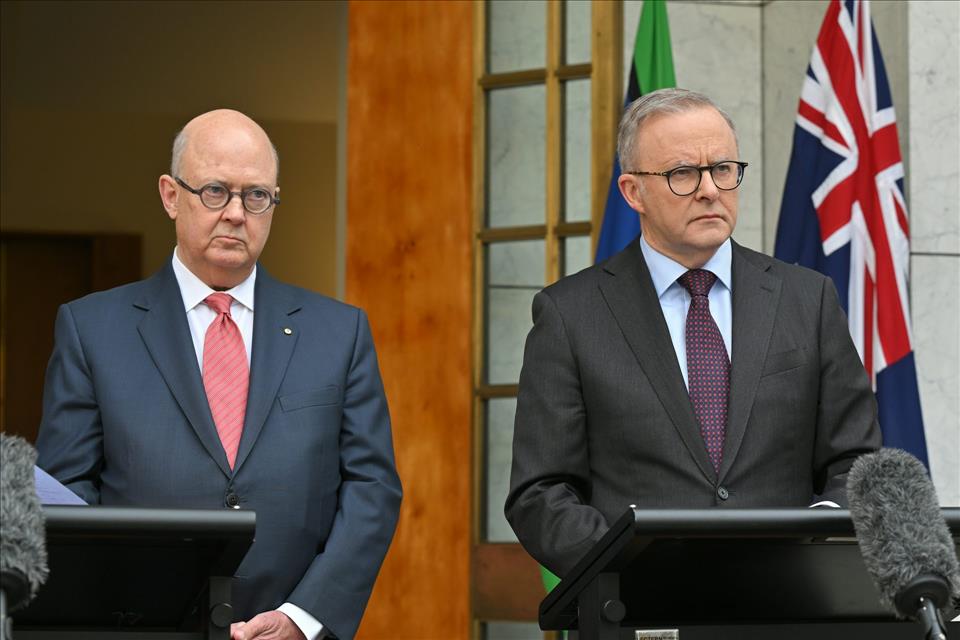
Introducing A New Series: What's The Future Of The Australian Media?
The evidence is everywhere. It's in the poor commercial performance of all TV broadcasters, summed up in Bill Shorten's recent claim on the ABC's Q+A that free-to-air TV is in“diabolical trouble”.
It's in Rupert Murdoch's airy speculation that newspapers might only be around for another 15 years. It's in the Reuters 2024 Digital News Report warning of growing news avoidance among the young.
It's also in Meta's withdrawal from funding media under the Australian government's News Media Bargaining Code. Or the continuing job cuts across the media and the changing balance of power between media companies and tech platforms.
Even at public broadcasters such as the ABC, audiences are fragmenting and declining. There is an air of alarm in the morale-boosting efforts of its loquacious new chair, Kim Williams.
The fact the media itself has done a poor job joining all these dots is unlikely to surprise anyone familiar with US writer Upton Sinclair's famous line that it's hard to get someone to understand something when their salary depends on their not understanding it.
But the significance of the changes to the news media in Australia reach far beyond the vested interests of media moguls and journalists.
Williams correctly identified what's at stake in the Sir John Monash Oration last week, when he warned of the implications of declining trust in media for social cohesion and the health of democracy.
He said“the very institutions of our society are losing the public's trust, in large part because there is no longer a broad consensus about the facts”.
Today we are launching a new series on the future of Australian media, to better explain the powerful forces buffeting our media and how they will ultimately reshape society.
In our first piece , journalism academics Matthew Ricketson and Andrew Dodd examine the ways in which power has shifted from media barons to tech bros.
Ricketson and Dodd hold no illusions about the ruthless and hypocritical way traditional media owners wielded power, but they argue the tech bros are even worse because they don't claim any fourth estate role:“If anything, they seem to hold journalism with tongs as far from their face as possible.”
In the coming days we'll cover the commercial business models for radio and TV, rural and regional media, the future of printed newspapers, regulation of social media, and more.

Legal Disclaimer:
MENAFN provides the
information “as is” without warranty of any kind. We do not accept
any responsibility or liability for the accuracy, content, images,
videos, licenses, completeness, legality, or reliability of the information
contained in this article. If you have any complaints or copyright
issues related to this article, kindly contact the provider above.


















Comments
No comment